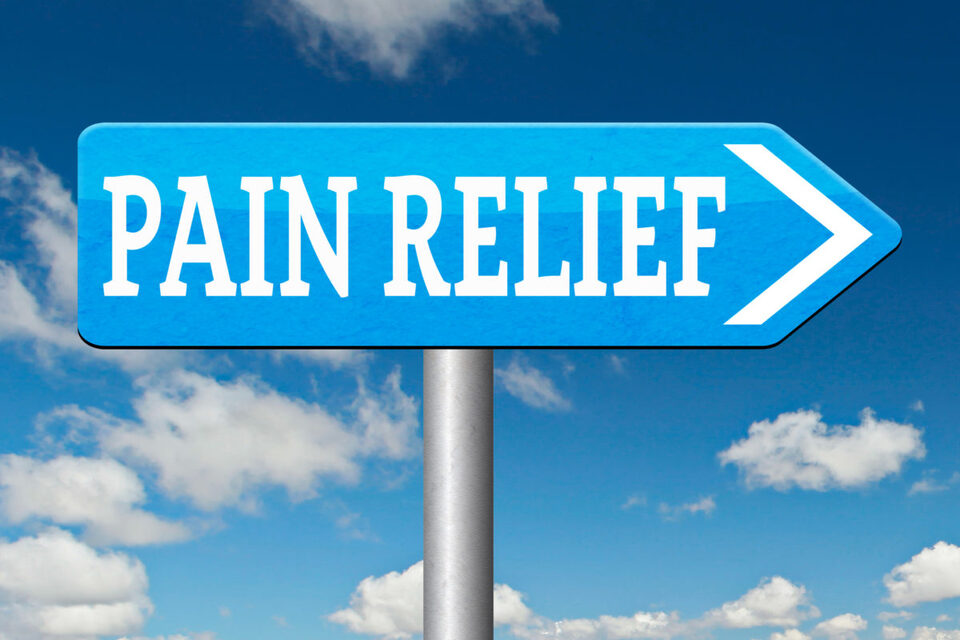
Many pain patients have taken opioid painkillers for many years, some for many decades. They report that the opioids help reduce their pain and that without them they could not function.
Unfortunately, many pain patients are having their worst fears confirmed about going off their meds. Many doctors, fearful of loss of their licenses or criminal prosecution as a result of the CDC guidelines recommending reducing opioid use,have been abruptly cutting pain patients off from their medication or sharply reducing their dose. Many patients report horrific suffering and a deterioration in functioning as a result.
This does not mean, however, that the opioids have been actually reducing the pain that patients experience as much as they think. Let me explain a few reasons why I believe this.
The Placebo Effect
When a patient is given a placebo, an inert substance such as a sugar pill, and told it is a powerful drug that will help them get well, they often do. This effect is so well established that in order to get a new drug approved by the FDA, pharmaceutical companies must conduct clinical trials that include a control group that is given a placebo. It is only when the group that was given the drug does significantly better than the placebo group that a drug is considered proven to be effective. In clinical trials for drugs for inflammatory bowel disorder, pain control and depression, about 55% of the patients in control groups who received a placebo had significant improvements in their condition.
In contrast, more than 50% of patients who are prescribed opioids discontinue them, either because they do not work or because they cannot tolerate the side effects.
Rebound and Withdrawal
The rebound effect is the production of increased negative symptoms when the effect of a drug has passed or the patient no longer responds to the drug. If a drug produces a rebound effect, the condition it was used to treat may come back even stronger when the drug is discontinued or loses effectiveness.
Drug withdrawal is the abnormal physical or psychological symptoms that follow the abrupt discontinuation of a drug that has the capability of producing physical dependence. Physical dependence on opioids can occur within a week of starting the medication. Common opioid withdrawal symptoms include sweating, goosebumps, vomiting, anxiety, insomnia and muscle pain.
When a patient abruptly discontinues opioids, withdrawal and/or rebound may occur, leading the patient to incorrectly conclude that the severity of the pain they are experiencing is solely due to the severity of the underlying condition, rather than a reaction to the discontinuation of the medication. It is only with the passage of time without the drug that the patient can determine what the actual level of underlying pain really is.
The human body produces its own natural opioids (endorphins) to deal with pain. When opioids from an outside source are introduced to the body, the body reduces its supply of naturally occurring opioids. It takes time for the body to regain its natural capacity to handle pain.
It is irresponsible and highly damaging to patients to abruptly discontinue opioids after long term use, given these issues. With any drug that is being discontinued, slow tapering while increasing other treatment modalities works best.
Comparative Studies
Studies have compared patients who take opioids for pain management to pain patients with similar conditions who don’t take opioids. A large study in Denmark, for instance, found that chronic pain patients who took opioids had worse pain, higher health care costs, and lower activity levels than similar patients not using opioids. The authors noted that opioid usage was significantly associated with reporting of moderate/severe or very severe pain, poor self-rated health, not being employed, higher use of health care services, and poorer quality of life.
Other studies have found that patients who are given opioids for acute pain are more likely to progress to chronic pain than patients who were never prescribed opioids.
Pain Patients Who Get Appropriate Treatment While Tapering Off Opioids Do Better
A study at an intensive three week multidisciplinary outpatient pain rehabilitation program found that patients with severe and disabling pain who were taking daily opioids experienced significant improvement in physical and emotional functioning after participation in the program and withdrawal from opioids.
Pain patients need intensive, multidisciplinary treatment, not dangerous drugs. Please sign my petition to require insurance companies to cover this treatment for all pain patients at www.change.org
Find an Alternative Pain Treatment Practtioner
Related Articles:
New Study on Medical Marijuana and Chronic Pain, Opioid Use
Switching from Pharmaceuticals to Medical Marijuana
Marijuana vs Opioids for Pain: COVID-19 Update
New Study Finds Kratom Effective for Pain, Addiction











Comments